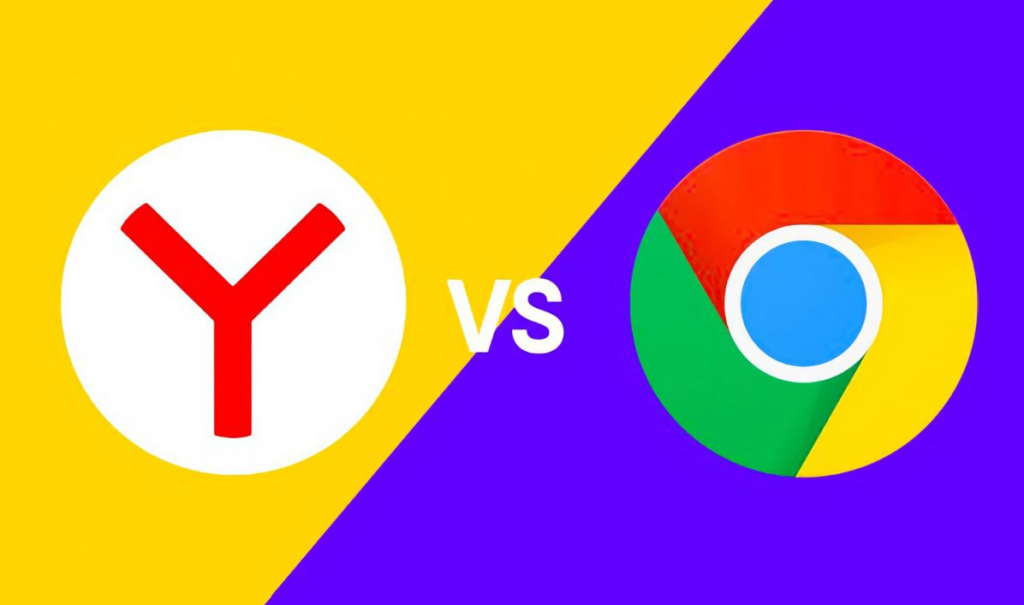Over the past year, the popularity of Google search and the Chrome browser in Russia has seen a noticeable decline, according to Statcounter data. Experts attribute this shift towards ‘Yandex’ to a combination of factors.
Google: A Dual Competition
In August 2022, ‘Yandex’ claimed the top spot in the Russian search market, with a 48% share, leaving Google trailing at 45%. Since then, the gap has significantly widened. Presently, ‘Yandex’ captures the attention of 59% of Russian internet users, while Google’s share has dwindled to a mere 39%.
In the realm of browsers, Chrome remains unassailable. As of July 2023, the product of the “corporation of goodness” continues to serve as the online guide for 52% of Russians, while ‘Yandex Browser’ holds a 20% share. However, since February 2023, 3% of users have migrated to the domestic browser.
Closest Contenders and Market Dynamics:
In Russia, ‘Yandex’ and Google face no real competition from other search engines. The closest contender, Microsoft Bing, holds less than a percentage of the domestic internet audience. In the browser landscape, Safari closes the top three with a 12% share.
Support, Certificates, Vulnerabilities:
In February 2023, Google Chrome version 110 was released, marking the end of support for Windows 7 and 8.1. Google no longer issues browser updates for these operating systems, unlike ‘Yandex Browser’.
According to Statcounter, Windows 7 and 8.1 account for 9.6% and 2% of users in Russia, respectively. Some of these users cannot transition to more current systems due to specific software needs or other reasons. Switching browsers, however, is a simpler task. Analysts have noted a surge in the popularity of the domestic internet browser since February, as not everyone changes their default search engine.
SSL Certificates and Local Trust:
Another reason for the shift of the Russian audience towards ‘Yandex’ is the application’s support for SSL certificates from the Ministry of Digital Development. Google Chrome does not trust the local certification authority, leading to issues when accessing services like ‘Sberbank’ and certain government resources.
An interviewee from “Izvestia” suggests that growing distrust in products from foreign IT giants is due to “an increasing number of vulnerabilities to hacker attacks.” Additionally, users are making the switch to Russian software and services, fearing sudden access cutoffs to Western counterparts, according to another expert’s reasoning.




